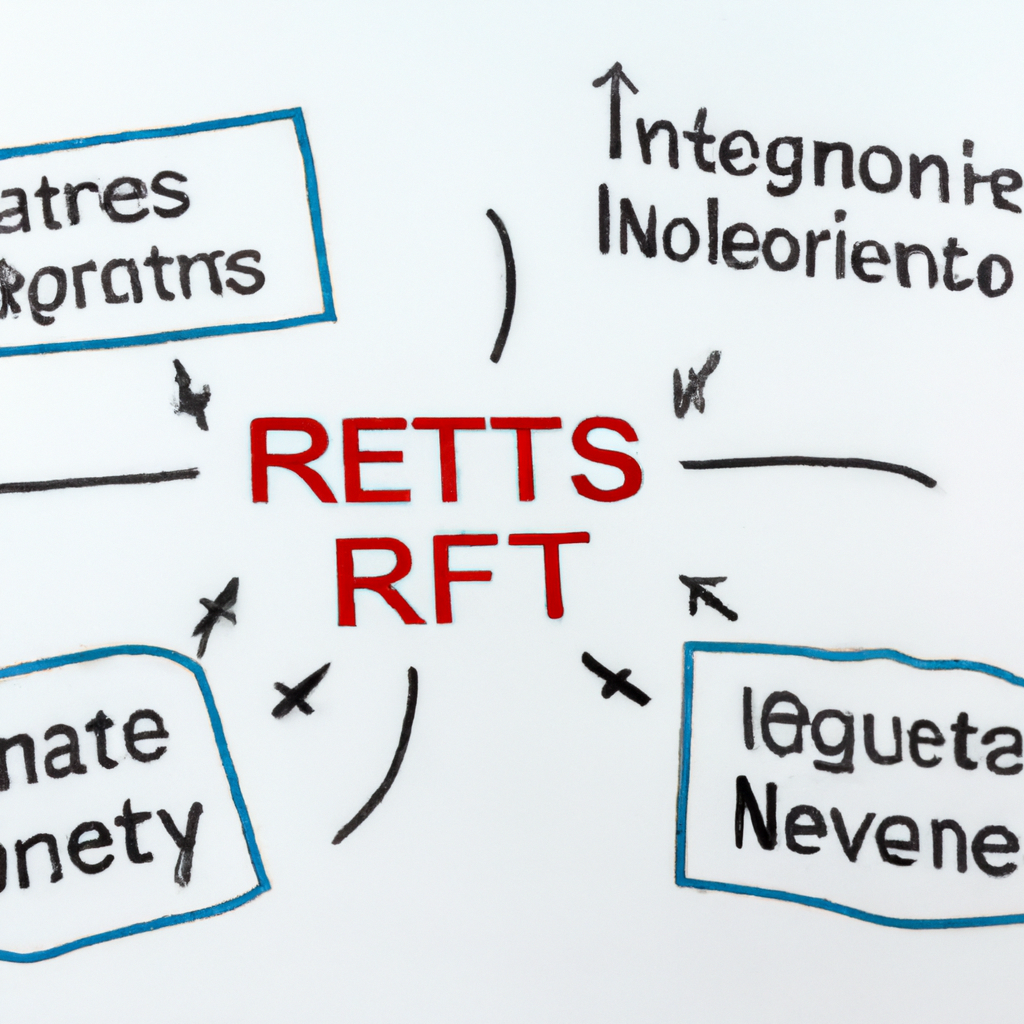Real Estate Investment Trusts (REITs) Explained
What are REITs?
A Real Estate Investment Trust (REIT) is a company that owns, operates, or finances income-producing real estate. REITs provide a way for individual investors to earn a share of the income produced through commercial real estate ownership without actually having to buy, manage, or finance any properties themselves.
Types of REITs
There are several types of REITs, including:
Equity REITs
Equity REITs own and operate income-producing real estate, such as office buildings, shopping centers, apartments, and hotels. They generate income primarily through leasing space and collecting rent from tenants.
Mortgage REITs
Mortgage REITs provide financing for income-producing real estate by purchasing or originating mortgages and mortgage-backed securities. They earn income through the interest payments on these loans.
Hybrid REITs
Hybrid REITs combine the characteristics of both equity and mortgage REITs, owning and operating real estate properties while also providing financing through mortgages and mortgage-backed securities.
Benefits of Investing in REITs
There are several benefits to investing in REITs, including:
Diversification
REITs provide investors with exposure to the real estate market, which can help diversify their investment portfolios and reduce risk.
Stable Income
REITs are required by law to distribute at least 90% of their taxable income to shareholders in the form of dividends, providing investors with a reliable source of income.
Liquidity
REITs are publicly traded on stock exchanges, making them more liquid than direct real estate investments, which can be difficult to sell quickly.
Risks of Investing in REITs
While REITs offer many benefits, there are also risks to consider, including:
Interest Rate Risk
REITs are sensitive to changes in interest rates, as rising rates can increase borrowing costs and reduce the value of the properties they own.
Market Risk
REITs are subject to market fluctuations, and their stock prices can be influenced by factors such as economic conditions, industry trends, and investor sentiment.
Property-Specific Risk
REITs are exposed to risks specific to the properties they own, such as vacancies, tenant defaults, and property damage.
Conclusion
Real Estate Investment Trusts (REITs) offer individual investors a way to invest in income-producing real estate without the hassle of property ownership. By understanding the types of REITs available, the benefits and risks of investing in them, investors can make informed decisions about including REITs in their investment portfolios.


